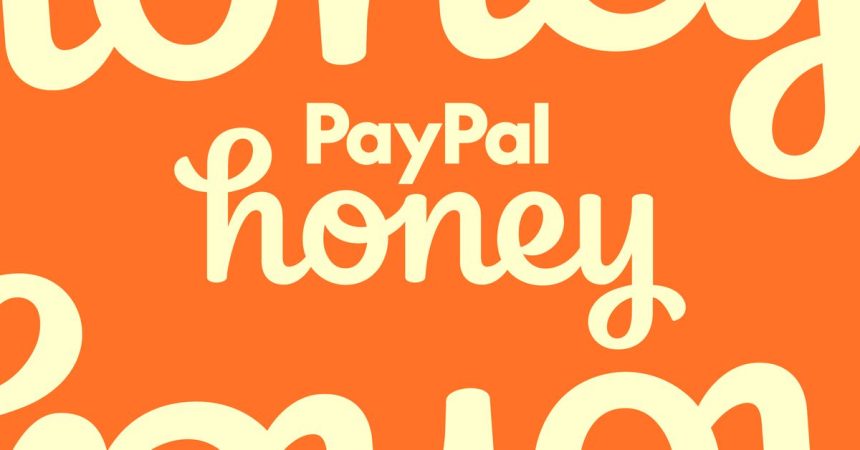The PayPal Honey browser extension, marketed as a convenient tool for online shoppers seeking better deals, has been accused of deceptive practices and exploiting influencers, according to a recent video exposé by YouTuber MegaLag. While Honey promises to scour the internet for every working promo code, MegaLag’s investigation suggests that the extension often overlooks superior deals in favor of its own branded codes or those benefiting its retail partners. This raises concerns about the integrity of Honey’s service and its potential to mislead users who rely on it for genuine savings.
MegaLag’s video scrutinizes Honey’s core functionality and reveals its shortcomings. The extension’s primary appeal lies in its ability to automatically apply coupon codes during checkout, saving users the hassle of manually searching for discounts. However, MegaLag demonstrates instances where Honey either fails to find any applicable codes or presents Honey-specific codes that offer less substantial discounts compared to readily available alternatives through a simple internet search. This discrepancy challenges Honey’s claim of comprehensive coupon coverage and suggests a potential conflict of interest between providing users with the best possible deals and prioritizing its own promotional codes or partnerships with retailers.
The allegations of influencer exploitation further tarnish Honey’s reputation. MegaLag’s video alleges that Honey has been “stealing money” from influencers, including those previously paid to promote the extension. This accusation implies a deliberate withholding of commissions or other agreed-upon payments, essentially defrauding influencers who helped build Honey’s user base and credibility. This claim, if substantiated, portrays Honey as a company willing to exploit its own marketing partners for financial gain, raising ethical concerns about its business practices.
The video highlights a potential conflict of interest arising from Honey’s partnerships with retailers. MegaLag suggests that Honey’s failure to consistently find the best available deals stems from its agreements with specific merchants. By promoting certain retailers or offering exclusive Honey-branded codes, the extension may prioritize these partnerships over maximizing user savings. This raises the possibility that Honey prioritizes its own revenue streams through these arrangements over delivering on its promise of comprehensive discount discovery. This potential bias undermines the trust users place in Honey to act in their best financial interests.
The implications of MegaLag’s allegations are significant for both users and the broader online shopping landscape. If Honey is indeed prioritizing its own financial interests over providing users with the best possible deals, it raises questions about the trustworthiness of browser extensions and their potential to manipulate consumer behavior. Users who rely on such tools may unknowingly be steered towards less advantageous offers, ultimately paying more than necessary. Furthermore, the alleged exploitation of influencers adds another layer of ethical concern, highlighting the potential for companies to leverage the reach and credibility of online personalities while failing to fulfill their contractual obligations.
MegaLag’s video serves as a cautionary tale for consumers, urging them to approach browser extensions like Honey with a critical eye. While the convenience of automated coupon application can be appealing, users should remain vigilant about verifying the deals presented and comparing them with alternatives through independent searches. This proactive approach ensures that they are truly receiving the best possible discounts and are not being swayed by potentially biased recommendations or limited coupon selections. The incident underscores the importance of consumer awareness and the need for greater transparency in the online shopping ecosystem. Users should be empowered to make informed decisions based on accurate and unbiased information, rather than relying solely on the promises of potentially self-serving browser extensions.



